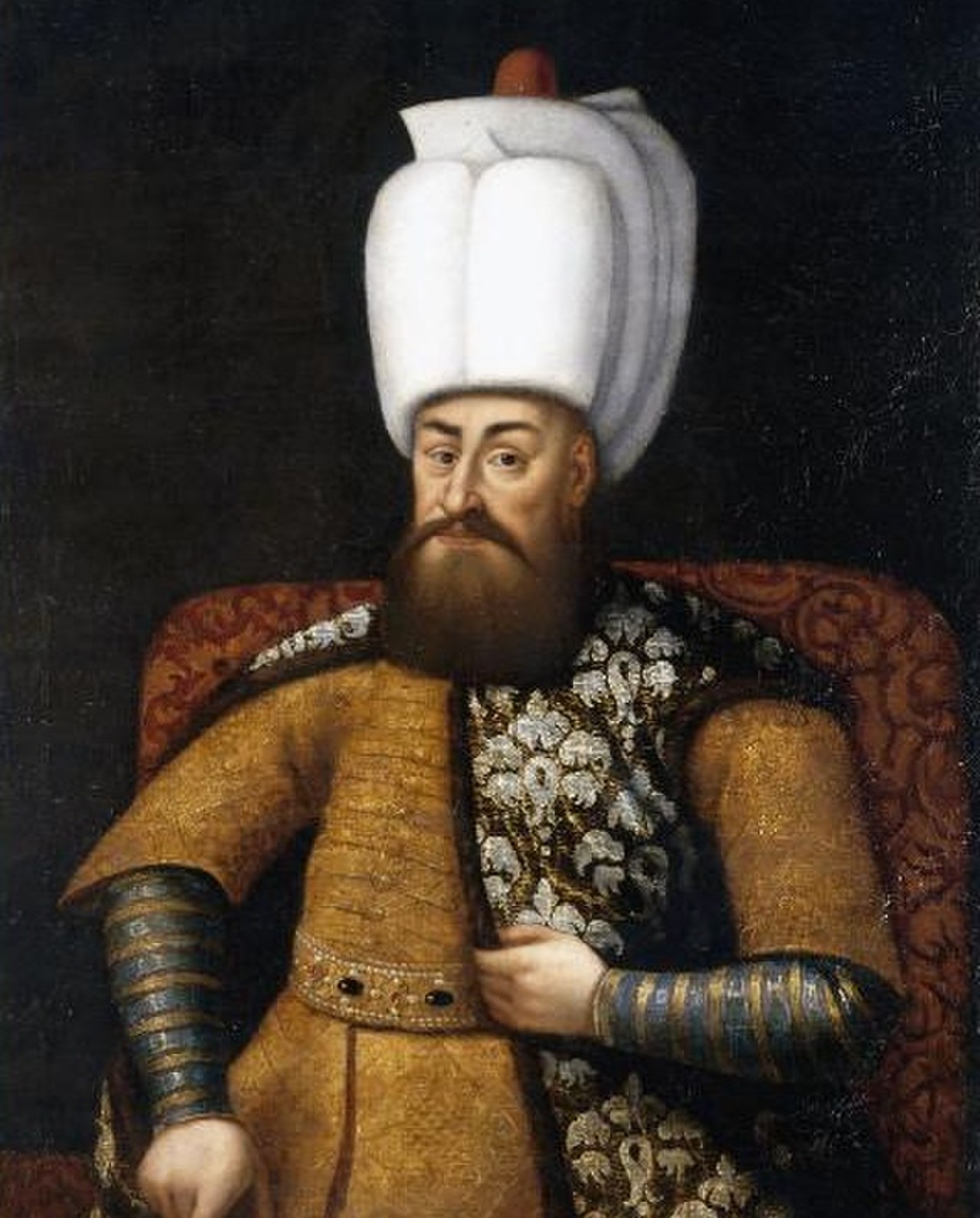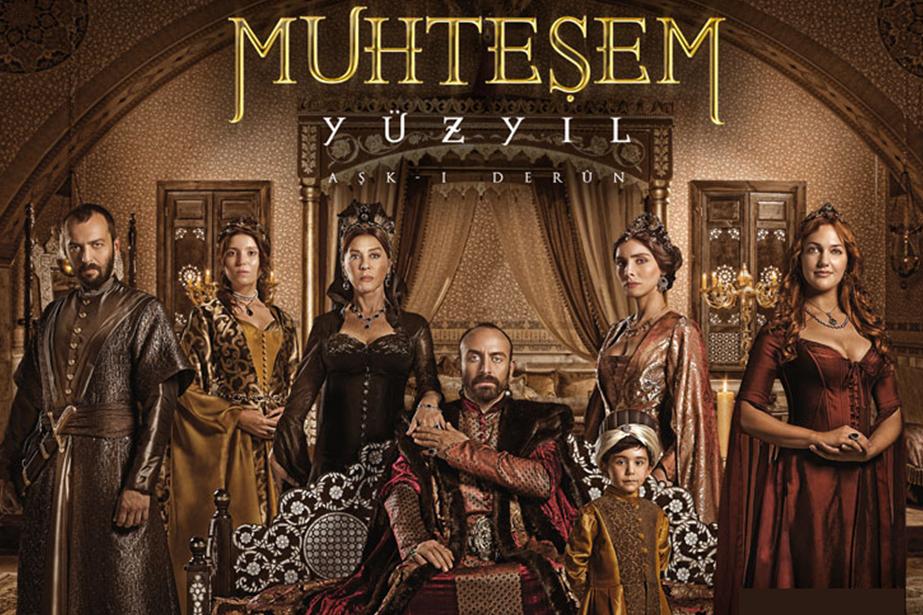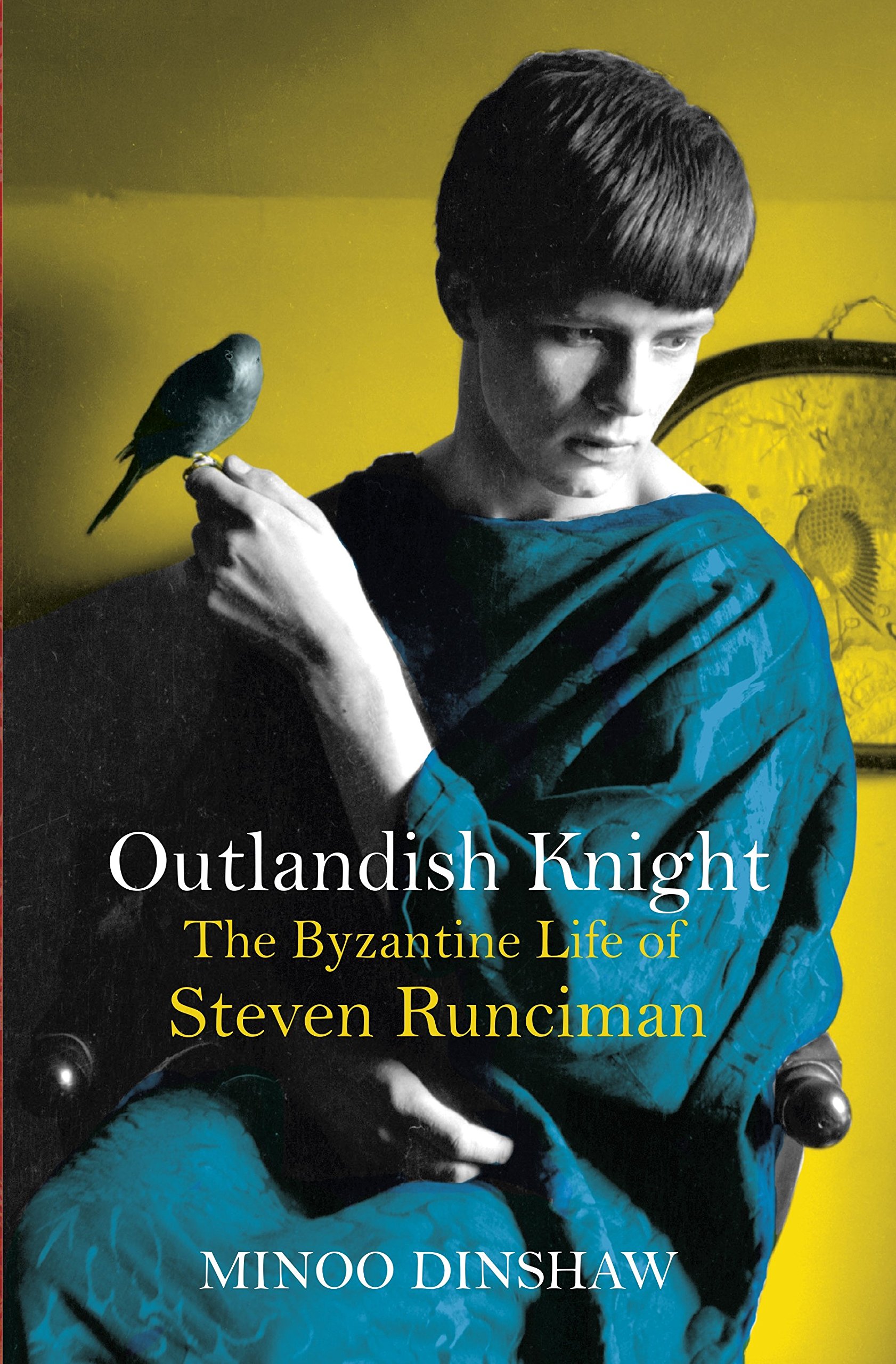Thanks to the London Review of Books I now know a great deal more of this historian than before, as it has put up online, "Herberts and Herbertinas" by Rosemary Hill, a review of Outlandish Knight: The Byzantine Life of Steven Runciman, published by Penguin last month (September).
Looking at the photos above of the young Runciman that makes the cover of the biography, and this photo from inside, and knowing the geographical region of so much of the historian's work, one then is not in the least surprised to learn that, why, yes, Runciman was more than acquainted with Patrick Leigh Fermor. They worked together worked together at the British Council in Athens after the second world war -- though, mostly Fermor legged it out of there, over the hills and far away. But both men had a fascination with what came to be called the Balkans and eastern Europe, its ways and culture prior to WWII and the soviet hegemony. However, the older Runciman, though not religious hiimself, was equally enthralled by the design, shall we call it, of the Byzantine Empire and its Greek Orthodox Christianity. Runciman designated this the Eastern Roman Empire.
 |
| Suleiman in a portrait attributed to Titian c.1530 (b. 1494; d 1566; reign 1520 - 1566), |
It was while reading Kris Downey's biography of Isabella of Castile and Spain, Isabella: Warrior Queen, that I finally realized how much her anti-Muslim and Others policies were shaped by the terror of another Muslim conquest of the Iberian Peninsula, These fears were not the fantasies of an hysterical weak woman, but the intelligent geopolitical calculations of a ruler whose lands were specifically targeted in public declaration and actions by a belligerent, aggressive and very successful military power. This was a power that had advanced in her lifetime already into southern Italy out of the Mediterranean.
 |
| Sultan Murad III |
So interested have I become in the role that the Turks play in European history, particularly during the first great age of European global colonialism, 15th - early 8th centuries, that I've been watching with fascination Turkey's vastly popular -- though not in all Turkish quarters! -- telenovella, Muhteşem Yüzyıl -- in English titled The Magnificent Century (2011 - 2014) Essentially this is a soap opera, definitely fictionalized re-telling of Suleiman's reign. Suleiman is the Ottoman emperor notorious for having married a Christian European (perhaps from a raid into Hungarian Ukraine) out of his harem. She is called Roxelana / Alexandra in Europe, Hurrem in Turkish.
 |
| Sulieman the Magnificent, around whom gravitate like small asteroids all the court and empire, including his family and harem. |
Mahidevan is very much a favorite with Suleiman's mother, who is the Valide Sultan -- the queen mother. -- the legal mother of the ruling emperor. As Suleiman drops Mahidvan from his favor and out of his bed with the arrival of Hurrem's entertaining antics, the former favorite (and the other former, lesser favorites) become more rabid and active in the expression of their hate for the usurper -- which turns Suleiman all the more against them. Until, of course, Hurrem, acts just like them. OOOO the DRAMA!
This is a court harem series. Almost everything is told from the harem's pov. Even the queen mother and her daughter, Suleiman's "precious" sister Hatice, are isolated within the harem walls. What they have, with their wealth as 'family' and favorites, is more opportunity to gather information from outside and to smuggle information from the inside to outside too. But their lives are constrained and confined to a degree that would drive a contemporary woman, no matter who is she is and believes, quite mad. Everything depends on the emperor. When / if he dies, they're likely dead too, along with all their children.
To our eyes, spoiled as we've been for so long with peak television, the look of the series, its editing and so on, seem clumsy and small budget, even amateur. The method is that of talking heads as we see in the BBC I, Claudius. But the stakes are so high, and the situations so tense, that we almost don't notice that all the action is talking and shots of people moving through the endless corridors of the Topkapi Palace*, going from one insulated room or set of chambers to another.
 |
| Hurrem throws a party to get the harem to press the 'like Hurrem' button. |
Appropriately these chambers are smothered in brilliant jewel-hued fabrics: silk, satin, velvet. Gems poured from hand-to-hand glitter in their brilliant colors, the pearls glow in their caskets. All these women do is try on and take off and get made new gowns, and talk. Occasionally, if given the permission, they throw themselves little parties with special delicacies to eat and drink (no wine, of course) and dance together to the music of other female musicians. What else can they do? Gossip and stab each other in the back and practice the most petty of rank snobberies.
However, I for one, feel the writers have failed with that most important of these women, Hurrem. I'm through nearly 23 episodes so far of The Magnificent Century (many more to come yet, yay!) and cannot believe this Hurrem could have so fascinated the Emperor. We are told her name was given to her by him, and means something like "the Blithe One," or "She Makes me Smile," but she behaves in such an unhinged matter one doesn't see it. Nor are her temper tantrums and flouting of the harem rules in the least bit smart -- if the real Harrem behaved like this just once she'd have disappeared from the harem damned quick. Earlier we see her working hard to learn Turkish and maybe -- what? poetry? and writing (the emperor is a very cultured and educated fellow), which, like becoming a Muslim, would be smart.
But really, how does such an outsider survive to become -- much later -- a wife to the emperor, his only wife, without having supporters in the harem and the palace, and very powerful ones too? We are given that the third most powerful harem overseer, another young woman, likes her, but we're not shown why. So far, though it seems she's finally getting control of her public expressions of rage and terror, she doesn't seem to have progressed very far in this direction. She's still not back in Suleiman's favor -- and her second child was girl. There is more than a suggestion that to some degree at least she's a witch, so say her enemies at least.
It seems the inability for television writers to imagine a truly plausible, strong and effective woman with agency isn't confined to European and American television shows.
On the other hand I find it all the more interesting that whether intentional or not, Hurrem is truly unlikeable (at least so far). Having a, if not THE central protagonist as someone genuinely cruel and unsympathetic, this is something that no American television series would ever do. It always broadens one's own scope of understanding to become in immersed in perceptions that aren't culturally one's own. This applies to how television is made and what is shown: no wild sex scenes of ripping of the clothes to get naked. Instead, poetry and beautiful fabrics and much tenderness and happiness. Indeed, one can see the outline of the heavy trousers under her full gowns the censors certainly have Hurrem wear when in the bed with Suleiman. Which is rather delightful, though perhaps even deliberate -- Turkey's conservatives were outraged when they thought wine was being served Suleiman in one scene -- it was yogurt the program's producers assured them, not intended to wine at all. Blood letting is all off screen.
 |
| O did Mahidevan go mad, truly mad, with jealousy when Suleiman gave Hurrem this emerald ring that he'd designed and made himself (jewelry making is one of his hobbies). |
 |
| Note THE RING on Hurrem's finger. |
----------------------
* These shots were all done within the actual museum that the Topkapi Palace now is.



1 comment:
By the way another of the delights of having the Divine Comedy play a role in this Turkish soap opera of their golden age 16th century is that the Ottomans also played a role in Italian politcs of the 14th century -- of which surely the writers of the series are well aware.
For googling, see key subject words:
politics, Vatican, Italy, Hohenstauffens, French, Sicily, Ottomans, Guelphs, Gibbelines, Ghibellines, Dante, Florence, Venice, Constantinople. All of them are to be found in the Divine Comedy.
Post a Comment